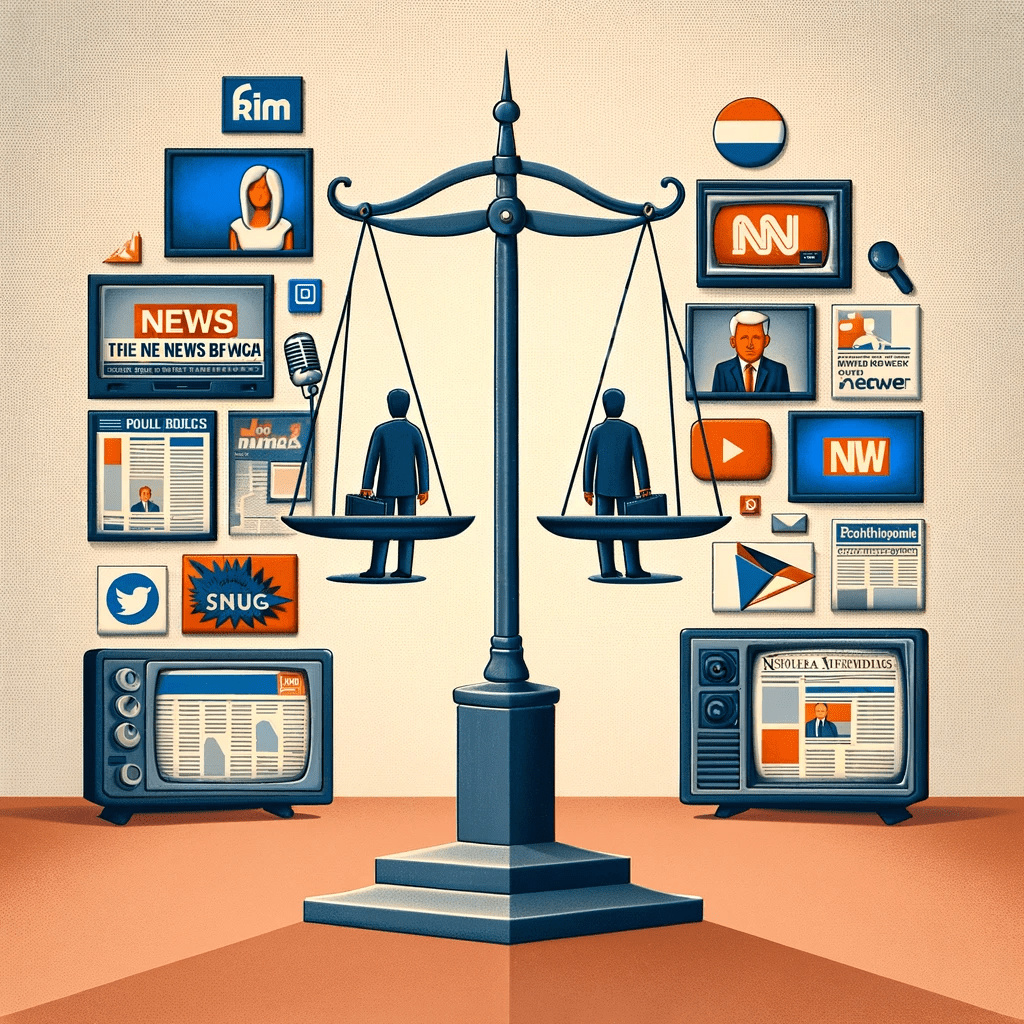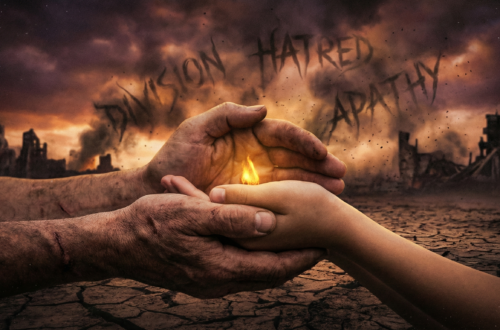An issue our country faces that is particularly frustrating to me is the news. There are a lot of reasons for one to be frustrated by the news but today I would like to speak about bias. There’s a lot of bias in the news, so let me be a little more clear. I hate how when you watch the news, you can’t just trust that the information they’re giving you is objective and factual. I know what they say, that you can’t believe everything you see on television, but when it comes to the news, you should be able to count on journalism to give you the facts. I guess that’s where the problem lies, journalism is dead and most of the people on the news are just “TV Personalities.”
I wrote an outline for this blog post to help me stay on topic, let’s see how well that works. The reason that I think it’s important for news to be unbiased is because in a democracy, or rather democratic republic which is what the United States is, the citizens need to be properly informed on the issues to properly vote for candidates on those issues. I could and probably will write an entire blog post about the political system in the US.
It seems that in this day and age, there is a constant barrage of news from so many sources, traditional media, online news sources, and social media that it makes it difficult to keep up with it all. Add to the mix the 24-hour news cycle and how every company is vying for one’s attention, it’s a literal circus frenzy out there. This constant barrage of news combined with the everlasting hunger of the media zoo creates a sort of sensationalist “infotainment” that one can’t help but watch because it’s hard to turn away from something so bizarre.
Bias in the news is definitely skewed by political factors, but also ideological and commercial interests. When talking to people from older generations, I often hear about how the news used to be different. How journalism used to be objective. Where facts were presented and the viewer was able to make an informed decision on how to interpret the information. Instead, in today’s media the facts are selectively presented or even interpreted through a particular lens to shape the audience’s perception.
Manifestations of Bias in News:
- Story Selection and Placement: Bias can be evident in the choice of stories that are reported and how prominently they are featured. For example, a news outlet might consistently give more attention to stories that align with its ideological stance while downplaying or ignoring those that contradict it.
- Use of Language and Tone: The words and tone used in reporting can subtly influence how information is received. For example, using emotionally charged or loaded language, or framing a story in a particular way can sway public opinion.
- Selection of Sources: Bias can be seen in which sources are quoted, how often, and in what context. News outlets may favor experts, commentators, or eyewitnesses who support their perspective.
- Omission of Context or Facts: Selectively omitting information or context can significantly alter the perception of a news story. This might involve ignoring facts that don’t support the desired narrative or failing to provide background information necessary for understanding the full picture.
- Imbalanced Reporting: A lack of balance in reporting, where one viewpoint is disproportionately represented over another, is a clear sign of bias. This could mean giving unequal time or space to different sides of a controversial issue.
- Visual Representation: Bias can also manifest in the choice of images or graphics used in news stories. Visual elements can be powerful in shaping opinions and may be used to subtly convey a particular standpoint.
- Agenda Setting: News outlets can set public agendas by repeatedly focusing on certain topics, thereby shaping what their audience perceives as important issues. This power can be used to direct attention towards or away from specific subjects.
I am sure that we’re all guilty of finding the news source that aligns with our ideological views and sticking with it because it puts us within our comfort zone. I know that there’s this very visceral feeling that I get when I have to watch the opposing news tell things from their perspective. The feeling is similar to when I was a child and my mother was telling me I had to do something that I didn’t want to do, and I wanted to hear nothing about it. However, not branching out and listening to other perspectives is exactly why we are in the situation that we are in today.
Recently, I was listening to a podcast in which someone was being interviewed and was explaining that the way to decipher the factual truth from all of the cloudy muk that is out there is by watching both polar ends of the news and then seeing where it overlaps. He said that the overlap is where you have a high probability of truth. It sounds like a reasonable expectation however, it requires watching twice as much news as I do. The days seem to be getting so short as I get older, and the news is so depressing that this request seems that much more daunting.
We must be informed, but the task of obtaining accurate and helpful information seems to be more and more difficult. Ultimately, I begin to wonder if we’re at an impasse. How does one begin to make noticeable improvements in a system like this? It seems almost intentional that it’s set up this way. That goes into conspiracy theories though, and I get enough discussion about those with that one friend.
What are your thoughts on news, bias in news, and echo chambers? How do you get your news and ensure that it’s accurate? Do you have any techniques to fight sensationalism? Share your thoughts in the comments.
Discover more from Whispers of Insight
Subscribe to get the latest posts sent to your email.






I’ve been struggling with this myself!! I’m Arab so the genocide in Gaza especially has been my main focus in the news. I try the overlap technique, but it’s very difficult at times. I also try to rely on reputable organizations like Doctors Without Borders. But I definitely feel overwhelmed and uncertain with a lot nowadays.
As an older person, I agree that the news delivery was different back then. One thing that is very noticeable is the use of “commentary.” In the past, the anchors would make it clear that they were delivering their opinion. I just don’t see that these days, even though most give their opinions when “reporting.”
All news today is biased….difficult to find unbiased reports
Very true!